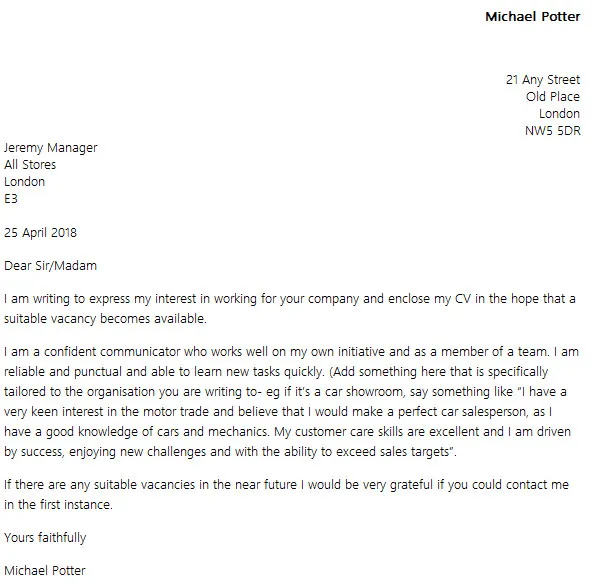Understanding the Unqualified Dilemma
Applying for a job you’re not perfectly qualified for can feel daunting. You might wonder if it’s even worth the effort. The truth is, many successful hires don’t tick every single box on the job description. The key is to approach your application strategically, especially when crafting a cover letter. This guide will help you navigate the challenges of applying for jobs where your qualifications aren’t an exact match, increasing your chances of landing an interview and ultimately, the job.
Why Apply When Unqualified
Why should you apply for a job when you don’t meet all the requirements? There are several compelling reasons. Firstly, job descriptions are often aspirational, meaning they list the ‘ideal’ candidate, not necessarily the minimum requirements. Secondly, companies often value potential and a willingness to learn as much as specific experience. A great cover letter can demonstrate these qualities, even if your resume doesn’t scream ‘perfect fit’.
The Hidden Value of Applying
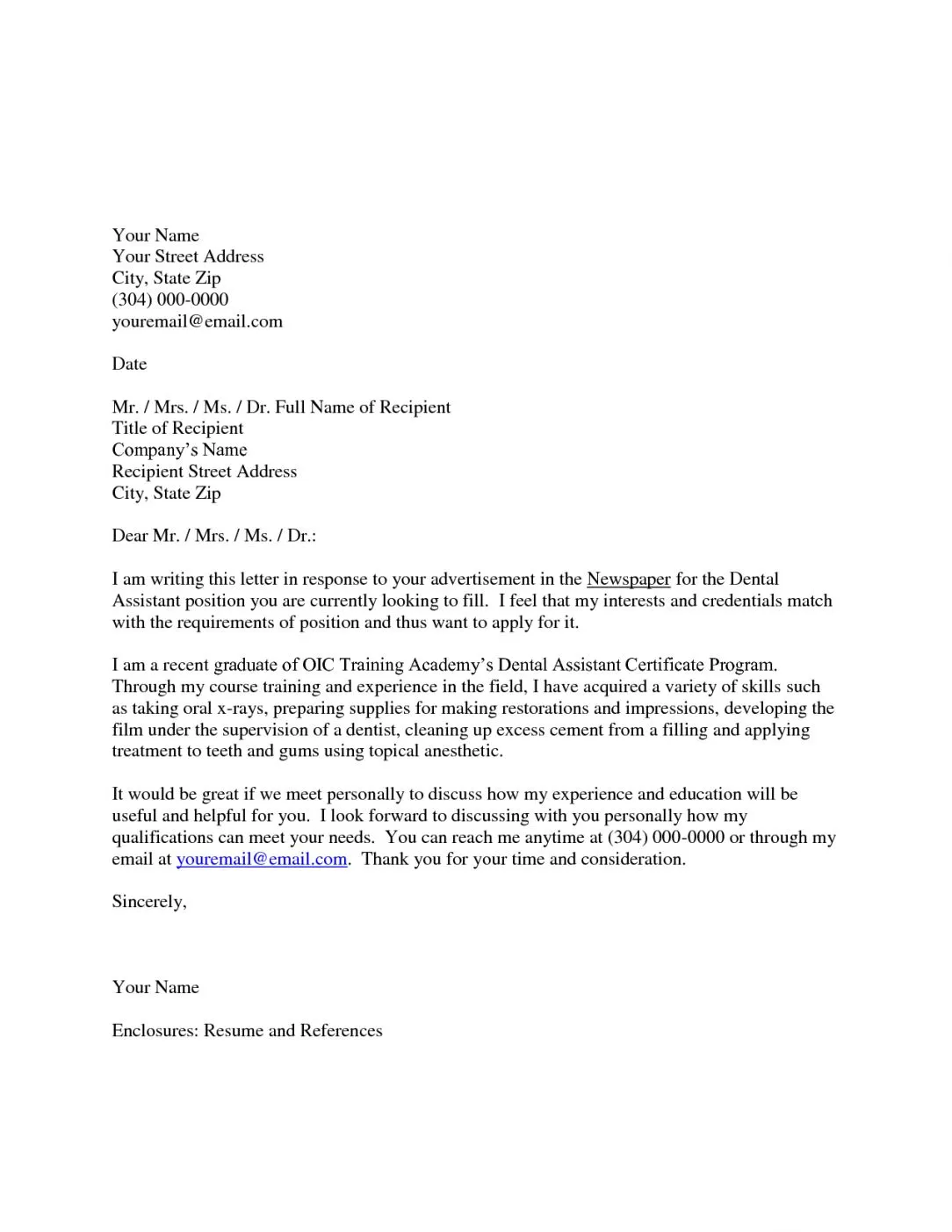
Applying, even if you feel unqualified, can provide valuable experience. It helps you practice your application skills, refine your cover letter writing, and gain a deeper understanding of the job market. You might also discover that you’re more qualified than you initially thought. Furthermore, networking is an essential aspect of job searching. If you don’t get the job, you never know when you’ll meet someone that can help in your job search.
Crafting a Compelling Cover Letter
A well-crafted cover letter is your secret weapon when you’re not fully qualified. It’s your chance to tell your story, highlight your strengths, and demonstrate why you’re a good fit, despite the gaps in your resume. Focus on what you can offer and how your skills align with the company’s needs. The key is to be honest, confident, and strategic in your approach.
Focusing on Transferable Skills
Transferable skills are those abilities you’ve gained in one role or setting that can be applied to another. Think about your previous experiences – what skills did you use regularly? How do these skills relate to the job you’re applying for? For instance, if you’re applying for a project management role but lack direct experience, highlight your organizational, communication, and problem-solving skills from previous jobs or volunteer work.
Identifying Relevant Skills
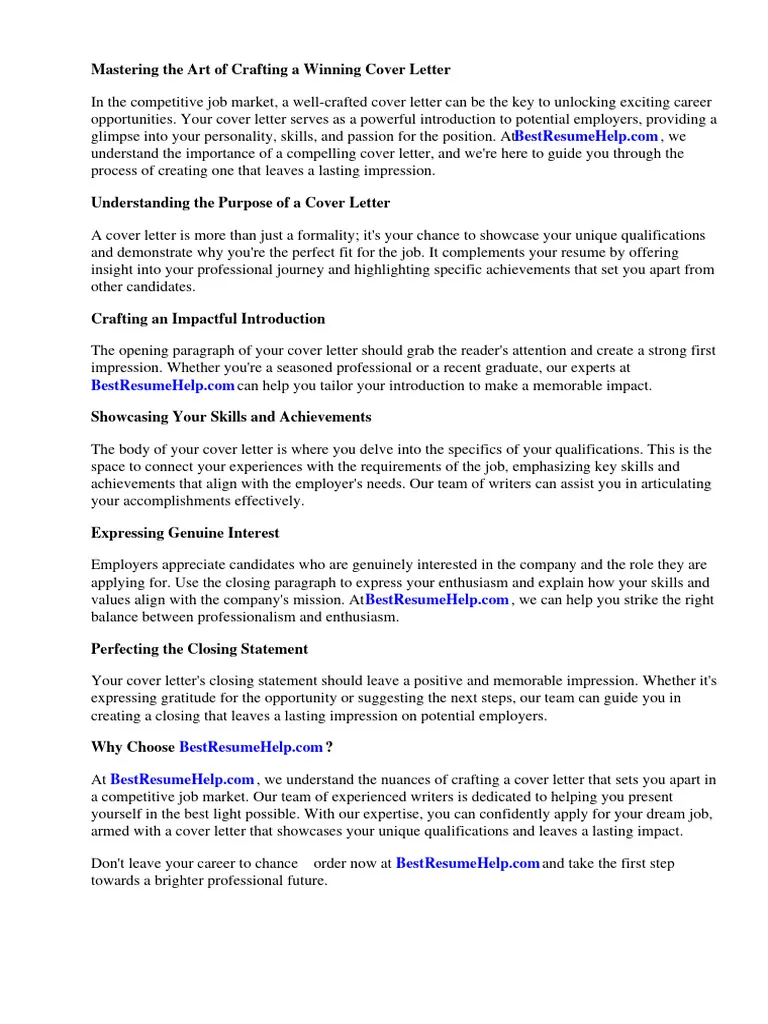
Carefully read the job description and identify the skills the employer is looking for. List these skills and then brainstorm how your current skills align. Do you have experience in managing multiple tasks simultaneously, leading a team, or using specific software? Even if your experience isn’t directly related, focus on the skills that overlap. Create a list of these skills and include them with examples on your cover letter.
Showcasing Your Enthusiasm and Motivation
Your enthusiasm and motivation can go a long way, especially when you lack specific qualifications. Express your genuine interest in the company and the role. Explain why you’re excited about the opportunity and what you hope to achieve. This enthusiasm can help you stand out from other applicants. Demonstrate your passion for the industry and the company’s mission, and showcase how you are looking to contribute to the team.
Researching the Company and Role
Thorough research is crucial. Understand the company’s values, mission, and recent projects. This will enable you to tailor your cover letter to their specific needs. Tailor your application to reflect how your skills align with the company’s goals and the specific requirements of the role. Mention specific projects or initiatives that resonate with you, showing that you’ve taken the time to understand what they do.
Highlighting Achievements and Results
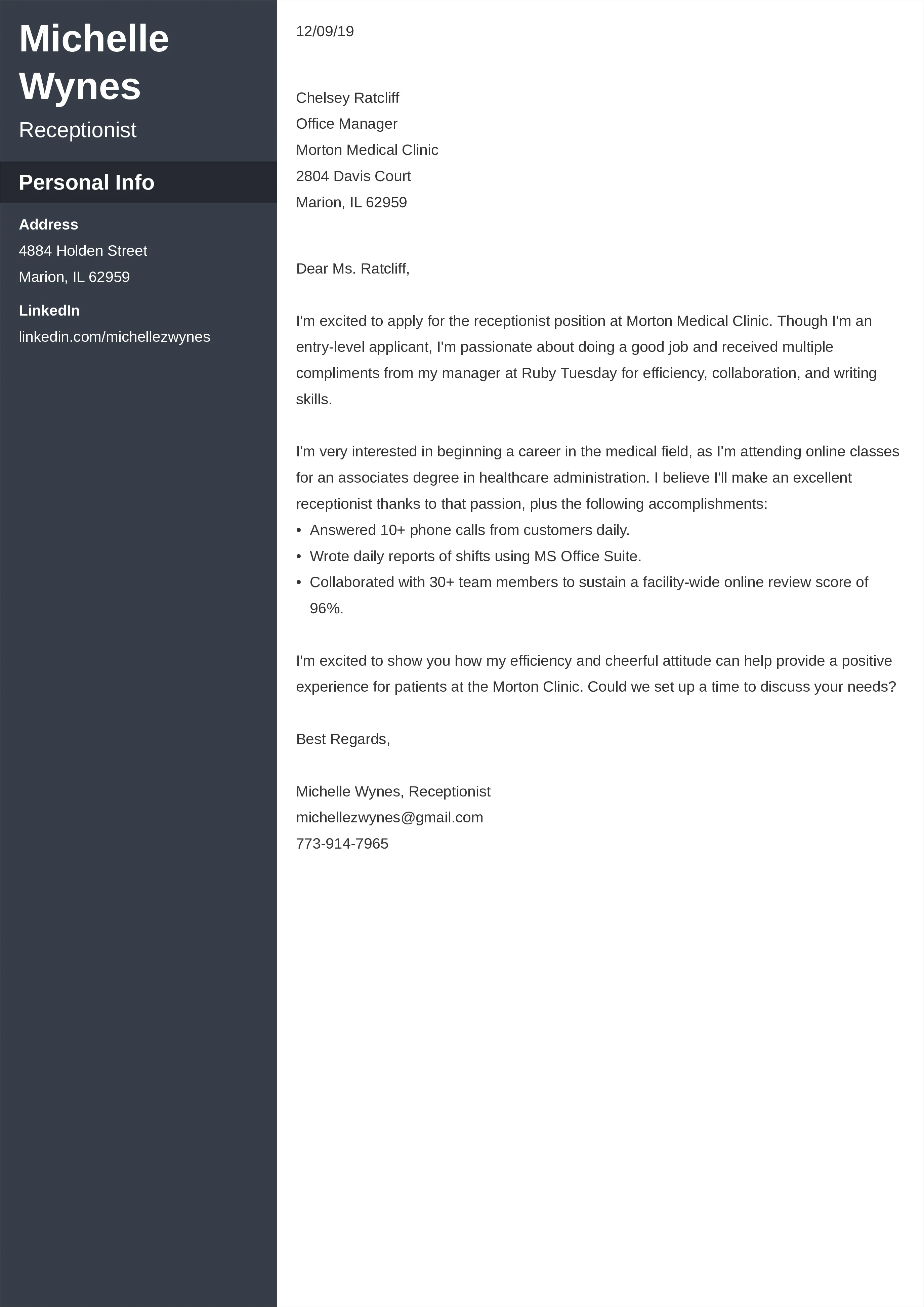
Don’t just list your responsibilities; focus on your accomplishments. What did you achieve in your previous roles? Even if your experience isn’t directly related, highlight any achievements that demonstrate your skills and abilities. Focus on the positive results you produced. Use the STAR method (Situation, Task, Action, Result) to describe your experiences and the impact of your contributions. Showcasing your achievements is crucial.
Quantifying Your Accomplishments
Whenever possible, quantify your accomplishments. Instead of saying you ‘improved customer satisfaction,’ state that you ‘increased customer satisfaction scores by 15% through the implementation of a new feedback system.’ Numbers make your achievements more tangible and impressive. Be specific about your accomplishments and use metrics to show the impact of your work. This makes your claims more credible and helps the hiring manager see your value.
Addressing the Qualifications Gap
It’s important to address the gaps in your qualifications head-on. Don’t try to hide them; instead, acknowledge them and explain how you plan to overcome them. Honesty and self-awareness are key. The way you address those shortfalls is just as important as your skills. This builds trust with the reader.
Acknowledging the Shortcomings
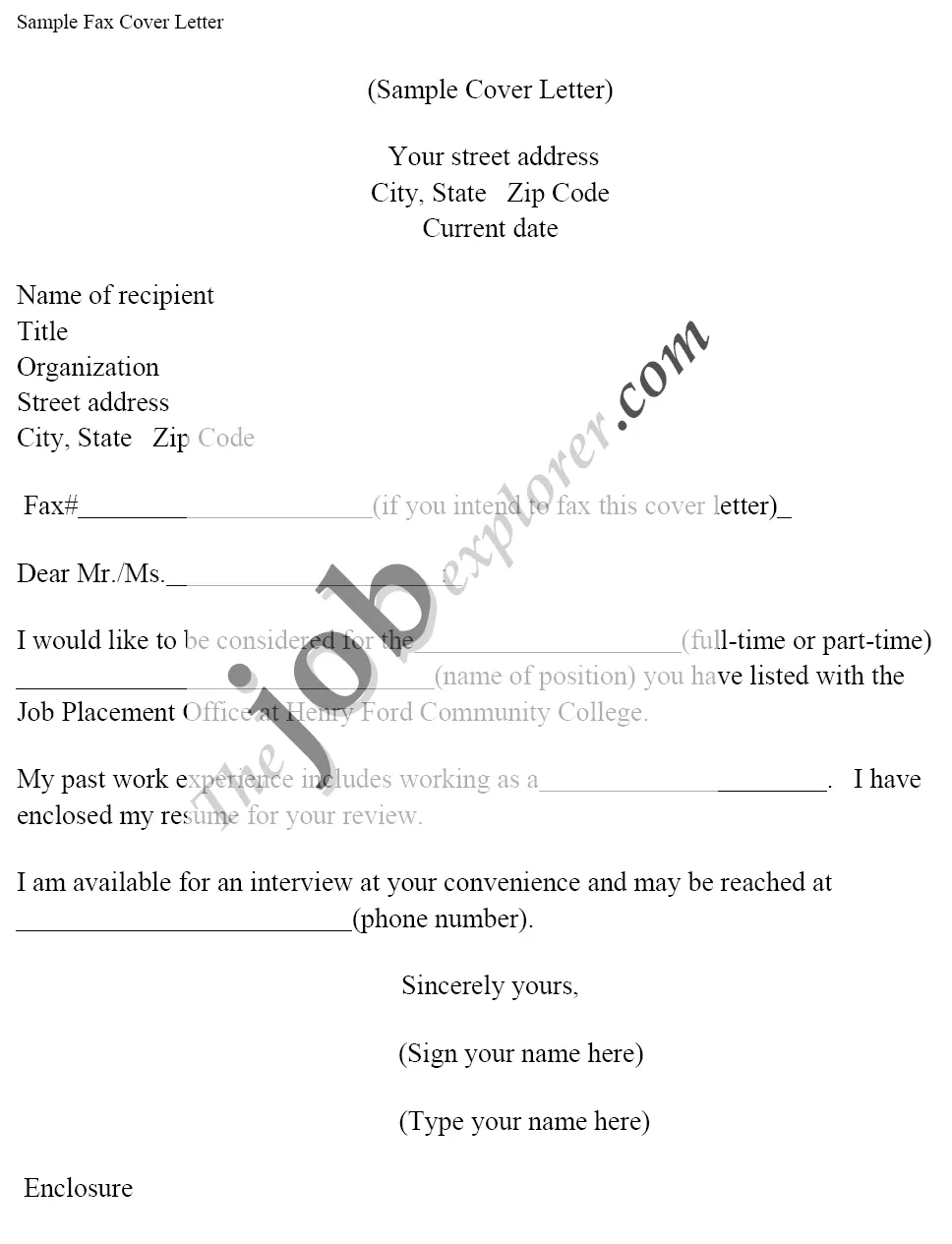
Briefly acknowledge any gaps in your experience or qualifications. For example, you might say, ‘While my experience in X isn’t as extensive as the job description requests, I have a strong foundation in Y, as demonstrated by…’ This shows that you’re aware of the requirements and proactive about addressing any perceived weaknesses.
Presenting a Plan for Growth
Show the hiring manager that you’re committed to continuous learning and development. Outline your plans for acquiring the necessary skills or knowledge. Mention any courses you’re taking, certifications you’re pursuing, or skills you’re eager to learn. For example, you could say, ‘I am currently enrolled in a course on Z and I’m eager to apply these skills to this role.’ A clear plan for growth demonstrates your proactivity and dedication.
Closing with Confidence and Call to Action
Close your cover letter with confidence. Reiterate your interest in the role and your belief that you can make a valuable contribution. Summarize your key strengths and reiterate your enthusiasm. End with a clear call to action, such as, ‘I am eager to discuss how my skills and enthusiasm can benefit your team. Thank you for your time and consideration. I look forward to hearing from you soon.’
Writing a cover letter when you’re unqualified requires a strategic and confident approach. By focusing on transferable skills, highlighting achievements, addressing the qualifications gap, and expressing your enthusiasm, you can significantly increase your chances of getting noticed. Remember to be authentic, and let your personality shine through. Good luck with your job search!
